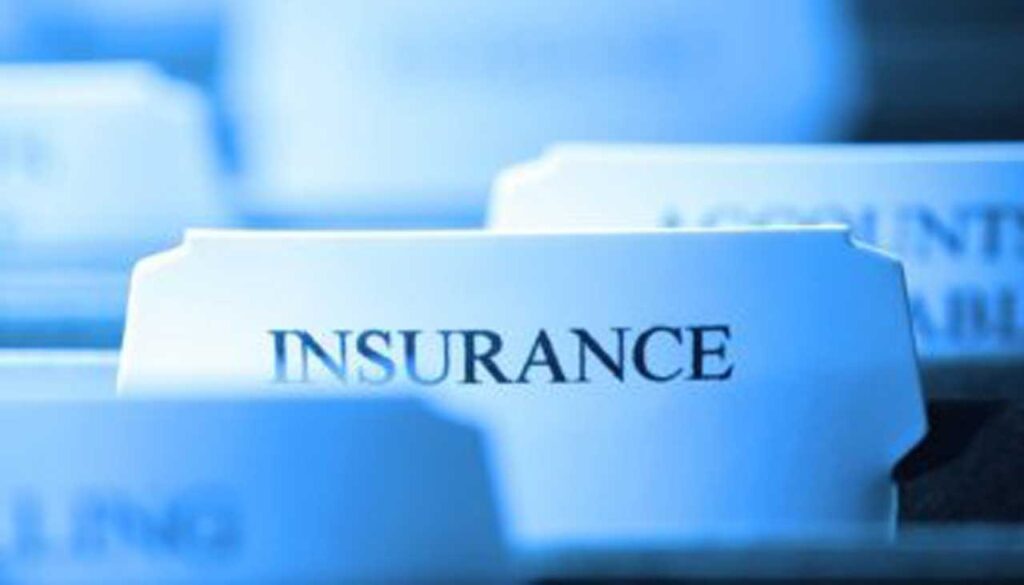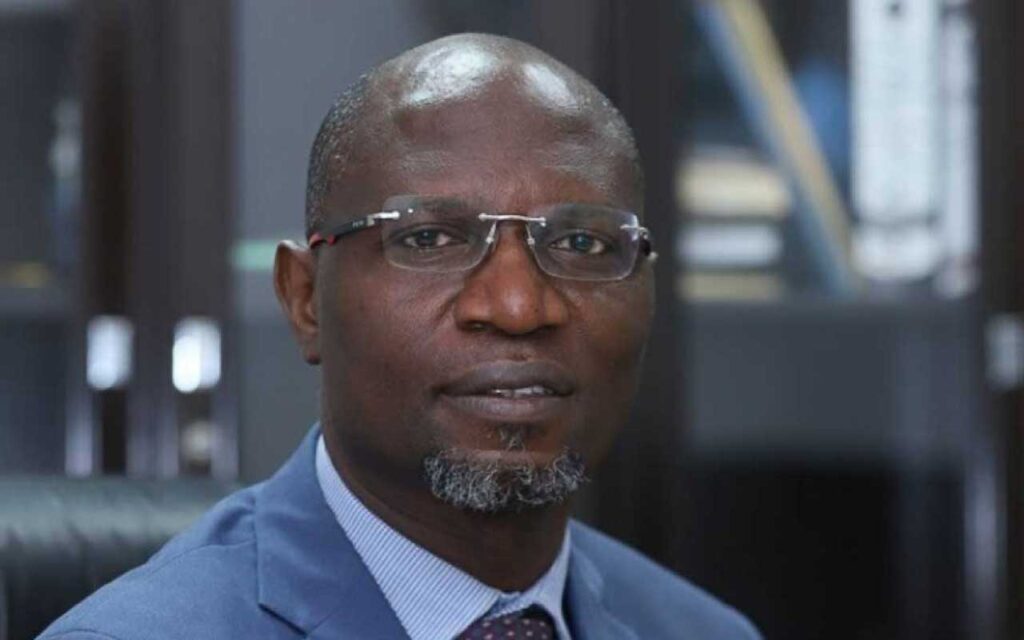
• PLATTS, FX rate constitutes over 80% build-up cost of PMS
• Experts charge stakeholders on deepening FX market
Major Oil Marketers Association of Nigeria (MOMAN) has emphasised that the gains from subsidy removal should be urgently invested in the promised palliatives, especially subsidised transportation, as well as social investment programmes for healthcare, education and infrastructure developments.
Speaking in Lagos, yesterday, at the organised workshop by Energy Correspondents, MOMAN stressed that the initiatives being rolled out in a visible, transparent and timely manner, with focused and sustained increase in the national production of crude oil from the current 1.2 million barrels per day (bpd) to closer to two million bpd, would bring the much needed foreign exchange.
The association, which reiterated its support for policy deregulation in the petroleum industry, acknowledged the challenges faced by Nigerians and extended its empathy to all citizens. It emphasised that transparency and engagement with citizens by the governments are essential for building public trust.
“In the spirit of transparency, MOMAN advocates for Federal, state and local Governments, as well as employers of labour, to implement palliative measures to support less privileged individuals in society currently facing hardships, it is essential that rapidly executed palliative measures receive wide publicity to alleviate the already agitated public sentiments,” the association stated.
Chairman, MOMAN, Olumide Adeosun, said the downstream deregulation has brought about structural changes and opportunities for Nigeria and PMS, which now stands as the most expensive product in the energy mix for consumers.
“Households that can afford to should consider switching from PMS and AGO to gas or solar power for their homes, however, we emphasise the need for special precautions to ensure the safety of lives and assets when dealing with gas. Governments and businesses can promote the use of LPG and CNG for intercity buses, tricycles, minibuses and taxis to power their vehicles,” he said
Also, the association revealed that the international price of crude oil and the exchange rate (FX) constituted the largest component of the cost build-up for PMS, accounting for over 80 per cent, while the remaining 20 per cent included statutory dues, distribution costs and margins.
“In recent months, the price of PMS has remained relatively stable. On May 30, 2023, Platts reported a price of $827 per metric ton (MT), and on July 14, 2023, it was $859.25 per MT. However, there has been a significant increase in the foreign exchange rate. We can infer from our calculations in May that the Nigerian National Petroleum Company Limited (NNPCL) determined its pump price using an exchange rate of about N630 to the Dollar, while banks reported an exchange rate of approximately N650 on the Investors and Exporters (1&E) window,” he said.
MOMAN stressed that deregulation promises a transparent and level playing field where cost-reflective prices are evident at fuel stations, noting that in a liberalised market, the pump price of PMS should adequately reflect the current economic realities.
According to Adeosun, the increase in the pump prices of petrol should be expected, as the liquid exchange rate as of today is close to N825 to the Dollar as the devaluation added N100 to the cost of importing a single litre of PMS into the country.
“At MOMAN, we have always anticipated that the removal of subsidies and the stabilisation of the downstream market would be a gradual process, this process necessitates operators and regulators to engage the public transparently, earn public trust, and foster fair competition that ensures full value for customers at the fuel pumps.
“We commend the authorities for their urgent efforts in opening the market, allowing various players to import petroleum products into the country, this market liberalization and the commitment to a level playing field should enhance operators’ efficiency, enabling them to offer competitive pricing choices to the public,” he said.
Also speaking, Chief Consultant, BAA Consul, Dr. Abiodun Adedipe, called on stakeholders in the industry to deepen the FX market in terms of liquidity and efficient pricing and take responsibility for palliatives.
He stressed that if refined petroleum products are imported, FX rate can’t be avoided as prices will vary with the exchange rate, varying from the international oil market and imported inflation from the country of origin with sustainability concerns with non-state and illegal actors in the supply of refined products to neighbouring countries.
“If we consider selling for daily consumption and we use the proceeds to import refined products through marketers licensed in a transparent tender process, then there is a way out, if people pay the price of a commodity, they will be more responsible for the usage of that commodity,” he said.
Adedipe urged governments on citizen engagement, effective communication, intensify food security, mass transportation, energy diversification, especially deepened utilisation of gas, the active promotion of competition, negotiating price discounts with systemic producers and importers where unavoidable and social protection from all major stakeholders especially state and local governments to complement the Federal Government.
He stressed that the Federation Account Allocation Committee (FAAC) can be directly related to the removal of subsidies, seeks affordable options on alternative energy and non-reversal of the implementation on the removal of fuel subsidy
Meanwhile, Vice President, Crude-Argus Media, James Gooder, said the governments should ensure the market is competitive, noting that it’s a difficult transition at the moment but it is the right thing to do.
“The price of PMS in a deregulated and liberalized market is subject to fluctuations, most of the products are imported, you can see through the later part of last year into this year at the international level, the prices of gasoline have been steady, we have the equilibrium between OPEC which continued to be made, the economy is still sluggish in the wake of this pandemic, wars and inflations, we have a rarely static market standard,” he said. He urged the governments to address the citizens on the importance of the removal.












